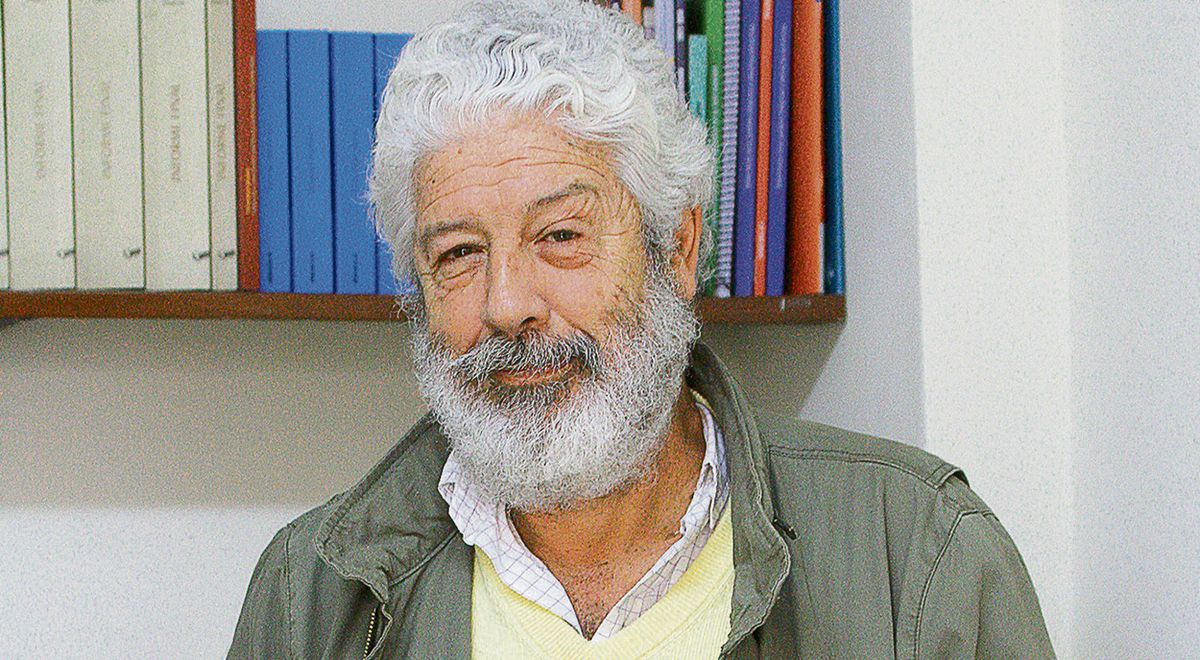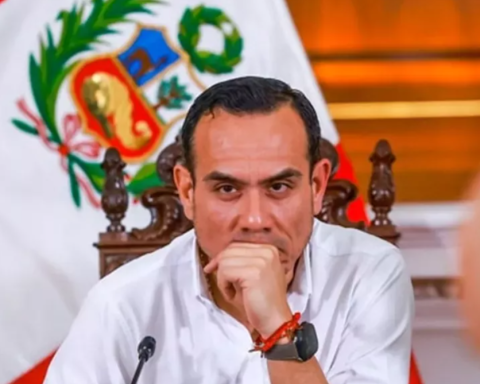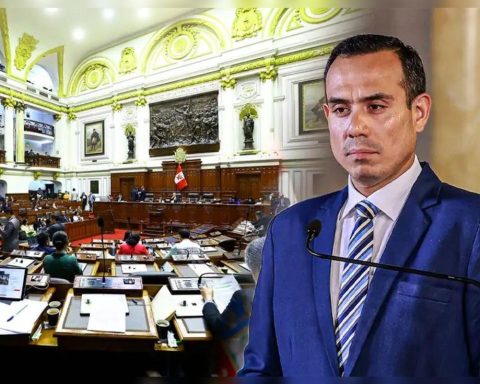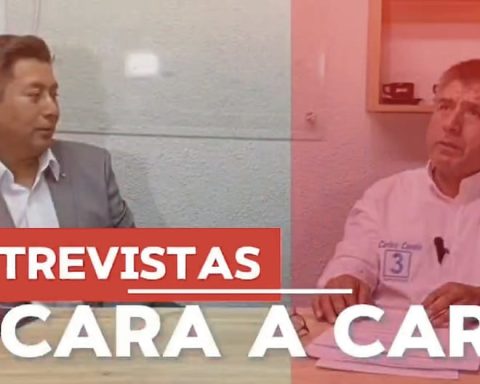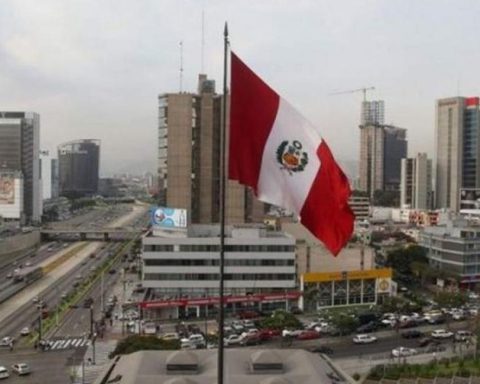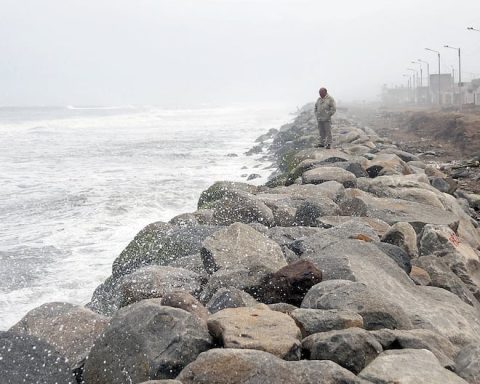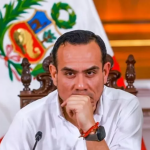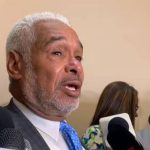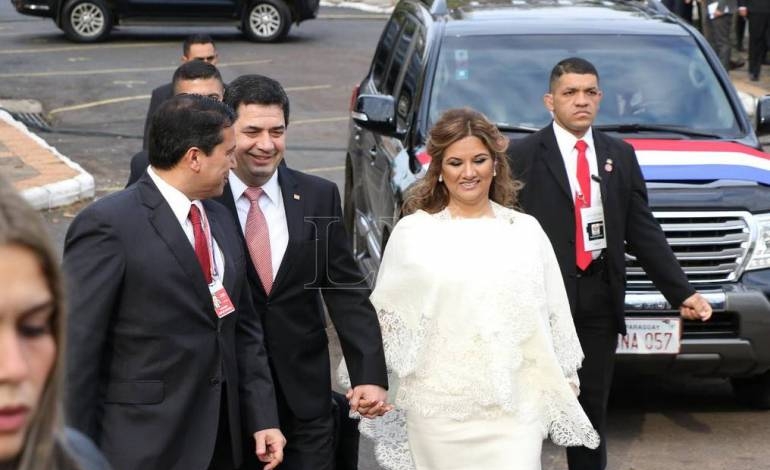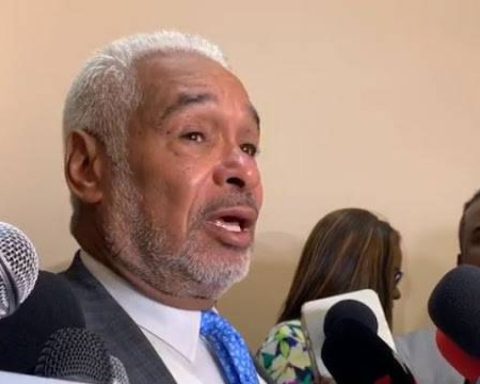The anthropologist and political analyst Eduardo Ballón explains in this interview why he is not optimistic about the decisions that President Pedro Castillo can make to form a new ministerial cabinet. Also, he maintains that the Congress it is not strong enough to help overcome the current political crisis.
What profile should the new prime minister have?
Surely the profile that the new will have Prime Ministeras it has been up to now, goes exactly against what common sense indicates.
Why?
Because if we look at the election of Héctor Valer and that of Guido Bellido, it is more or less clear that the president’s way of seeing things has no relation to the way of seeing things of the majority of people.
And why is that bad?
It’s bad because the president continues to see politics as a share of power. And it is evident that this, with microscopic, weak and dwarf political actors, like the ones we have across the political spectrum, leads to a sharing of power between these types of actors. Then, we have a cabinet proposal like the one represented by Valer in the third attempt of the president or the one that Bellido represented.
YOU CAN SEE: María del Carmen Alva gives inaccurate data on the bills of the Executive
Aren’t you very optimistic about who can replace Héctor Valer, right?
No, I am not optimistic. Actually, I am not optimistic about a situation that, we must be very clear, does not start peter castle. Pedro Castillo is the continuation of a long-term crisis. Look at the number of prime ministers we’ve had from 2002 to now, and you’ll find that only six of them lasted a little over a year.
Do you think the president is staying alone?
I don’t see a scenario in which none of the political actors has the capacity to put together coalitions or alliances.
Including the president.
Obviously the president, and we can put him in the front row.
And why do you think he doesn’t have the ability to form coalitions?
It is that it is not only an inability of him, but of our political system. The evidence that there is absolutely no political actor: the president of Congress. It is clear that one of the main strengths of the president in this difficult situation is the enormous weakness of the opposition.
YOU CAN SEE: Oswaldo Zegarra Rojas: “Very low-level politicians are behind the counter-reform”
It is the opposition that calls for the resignation of the president. Does it make sense to you?
Castillo’s resignation would solve nothing. The fact that they all leave doesn’t solve anything either. That they all leave is synonymous with the fact that we would be choosing the same ones that are from the repertoire that we have today.
Is there a political center in the midst of the blocks formed in the opposition and the ruling party?
There is no political center, it disappeared at the end of the first round. At the end of the first round, a polarization of extremes was installed and has been maintained over time due to the weakness of the political actors (…) We have been in a scenario for a long time in which the actors float in a scheme where the only thing that has changed is who is controlling the government.
The parties Acción Popular (AP), Alianza para el Progreso (APP), Partido Morado and Somos Perú, why don’t they qualify as centrist political forces?
Let’s see, what Popular Action are we talking about? Of the Popular Action that fights to prevent communism? The Popular Action of Mesías Guevara? Or Yonhy Lescano’s Popular Action? In the case of Somos Perú, I can ask myself the same question. Is it the Somos Perú of Patricia Li or Daniel Salaverry or José Jeri? There is a very big crisis in the set of political collectivities and, therefore, easily thinking that AP is from the center confronts us with elementary questions about what it is and who is part of AP at this time.
Are they more inclined to be a right-wing opposition?
They are inclined to be a nuanced opposition. They understand that the crisis goes through the liquidation of Pedro Castillo.
YOU CAN SEE: Alva to Pedro Castillo: You are responsible for the cabinet, do not blame Congress
And back to the president. With what is already known about his advisers and the departure of his ministers, do you think he is a chameleon?
Let’s see, what I would say is that the president has the look of a trade unionist with experience in a smaller union. The president, let’s look at his different cabinets, has made a share of power. It has generated expectations with the share of power in APP and Popular Action, also accustomed to understanding politics as that share of power.
And will that “power share” be what determines the new cabinet?
Well, I tend to believe so because of what has happened so far, the presidential behavior and the list of visitors. They are people who seek to bring proposals and negotiate.
But don’t you think that within the cabinet there are characters who can give the government a share of lucidity? Hernando Cevallos? Cesar Landa? Dinah Boluarte? Robert Sanchez?
These are expressions of desire and private interests. Mrs. Mirtha Vásquez contributed rationality to the PCM. But he couldn’t and that’s another story. There are ministers, of those who remain, who have made the effort, such as Health. But it is more or less clear that the weight of these ministers, in the best of cases, is sectoral. The president has not shown greater enthusiasm or appreciation for the proposals that, in the name of his government, came out of the Executive.
And Boluarte?
It seems that Boluarte has not had special support or sympathy from the president.
What do you think about Róger Nájar? He was head of the Free Peru government plan and has also been announced as the new prime minister.
It gives the impression, from the outside, that of the team close to Vladimir Cerrón, Nájar is the one that has been able to generate less resistance in other sectors of the left.
